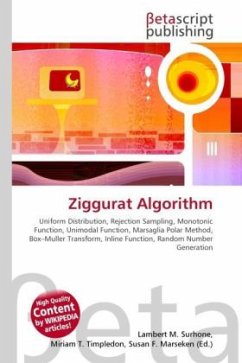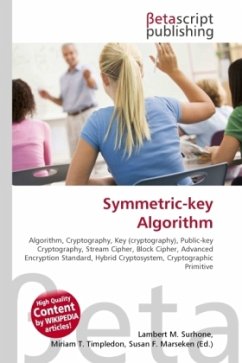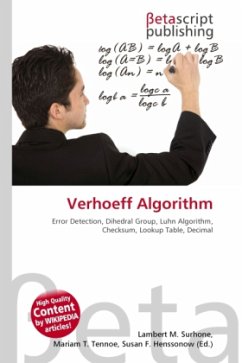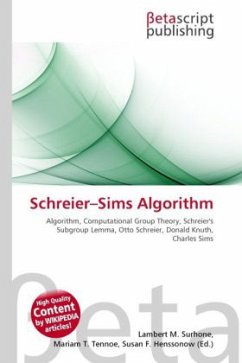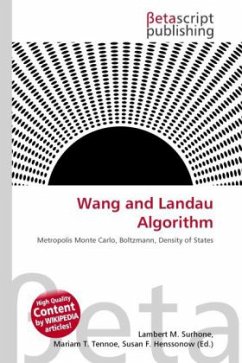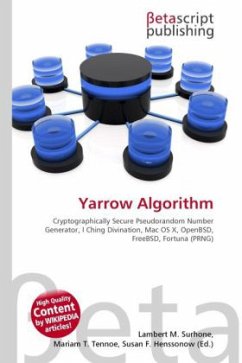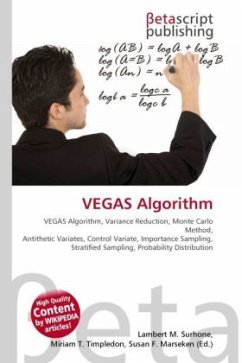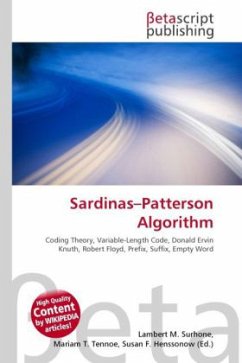High Quality Content by WIKIPEDIA articles! The ziggurat algorithm is an algorithm to generate random numbers from a non-uniform distribution. It belongs to the class of rejection sampling algorithms and can be used for choosing values from a monotone decreasing probability distribution. It can also be applied to symmetric unimodal distributions such as the normal distribution by choosing a point from one half and then randomly choosing a half. It was developed by George Marsaglia and Wai Wan Tsang in 2000. Like most such algorithms, it assumes an underlying source of uniformly-distributed random numbers, typically a pseudo-random number generator. In the common case (97.5% of the time for normal and exponential distributions with typical table sizes), the algorithm consists of generating a random floating-point value, a random table index, performing one table lookup, one multiply and one comparison. This is considerably faster than the two more commonly used methods to generatenormally distributed random numbers, the Marsaglia polar method or the Box-Muller transform, which require at least a logarithm and a square root.
Bitte wählen Sie Ihr Anliegen aus.
Rechnungen
Retourenschein anfordern
Bestellstatus
Storno

